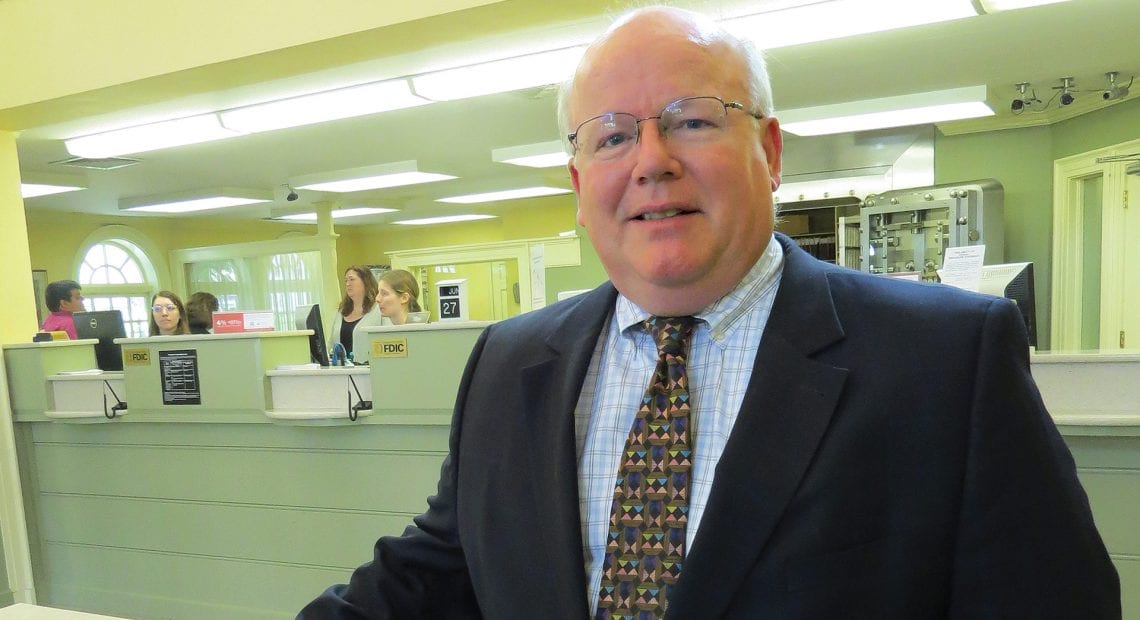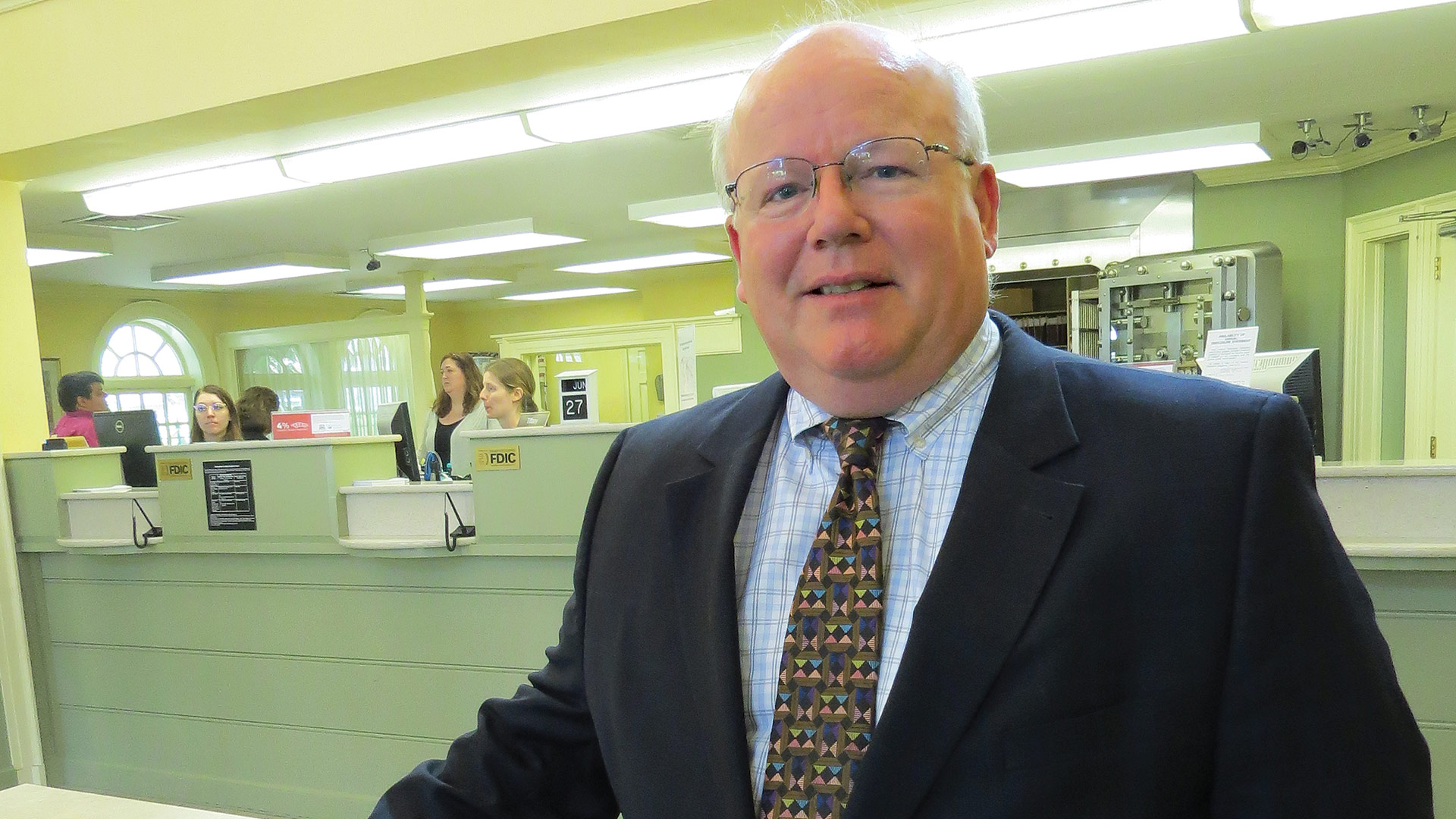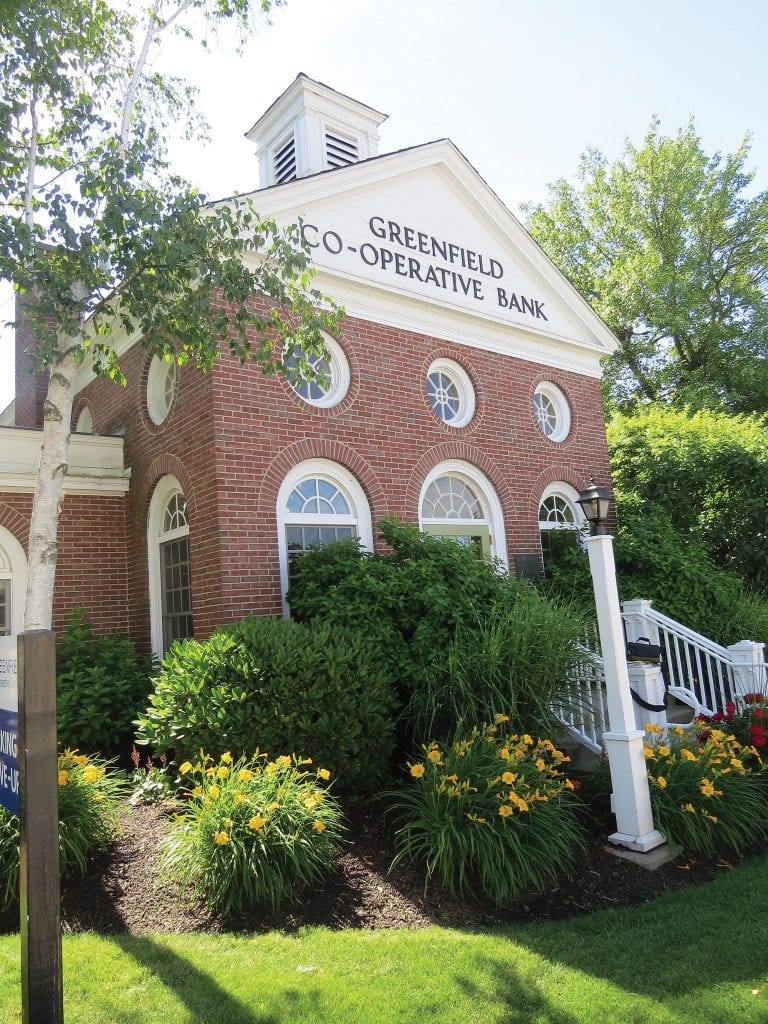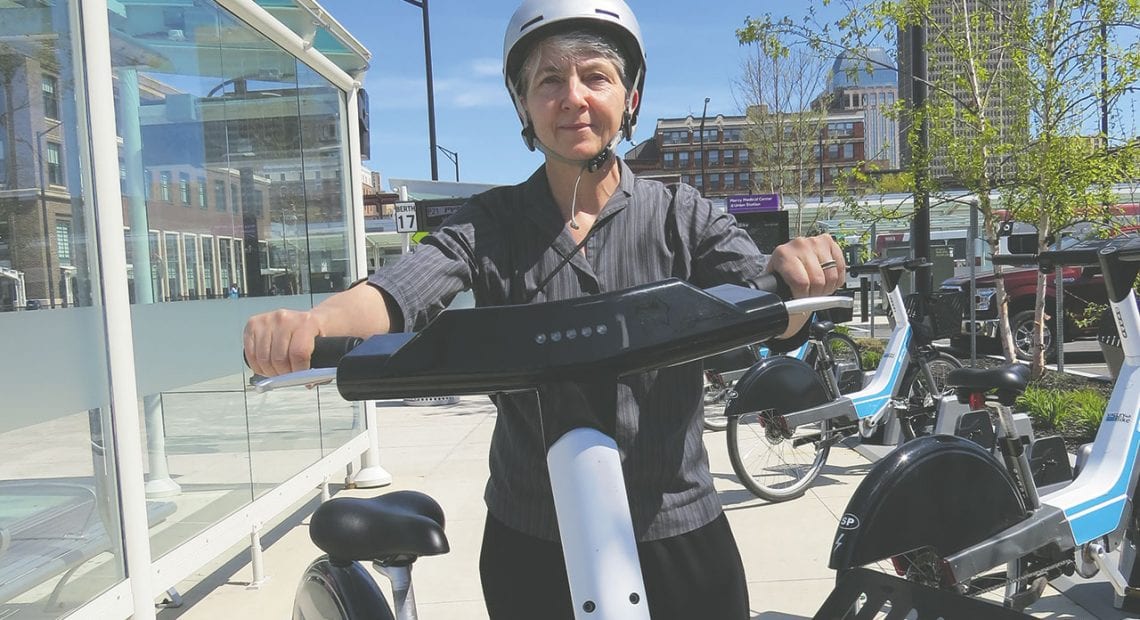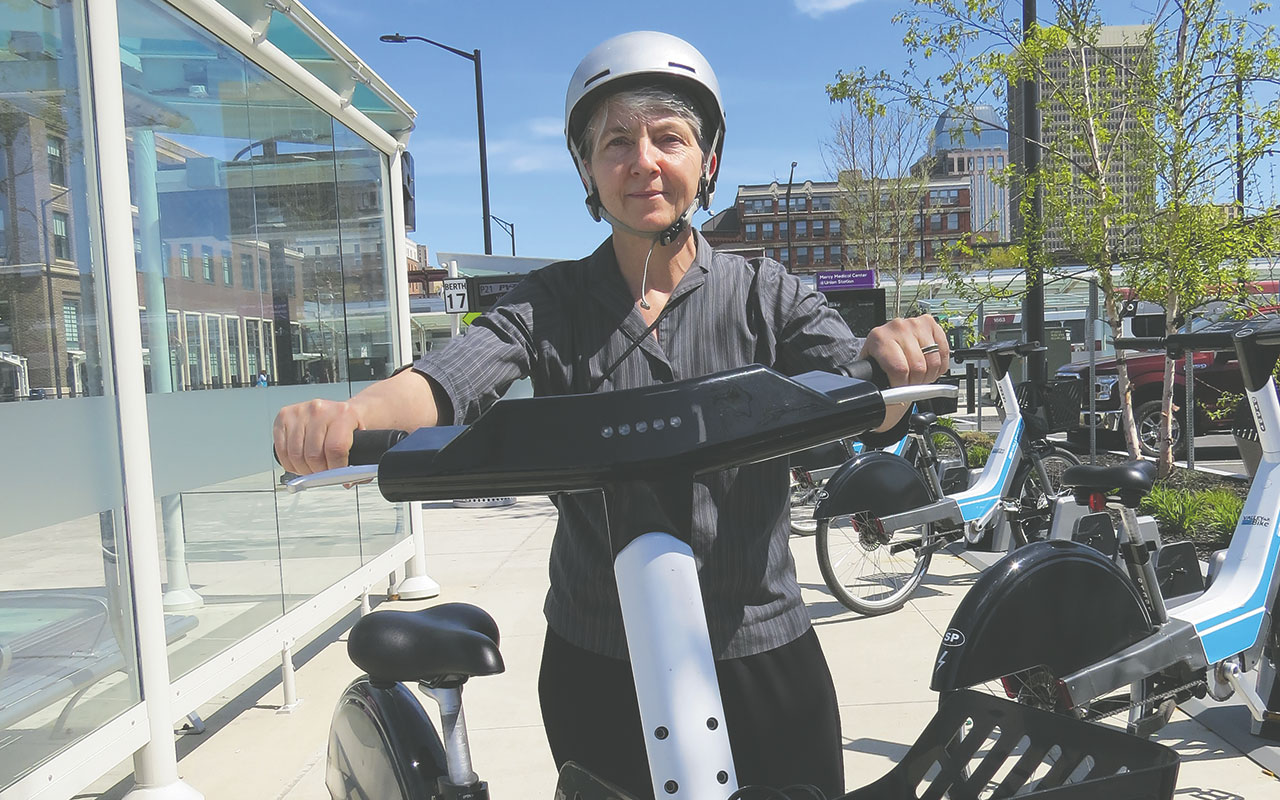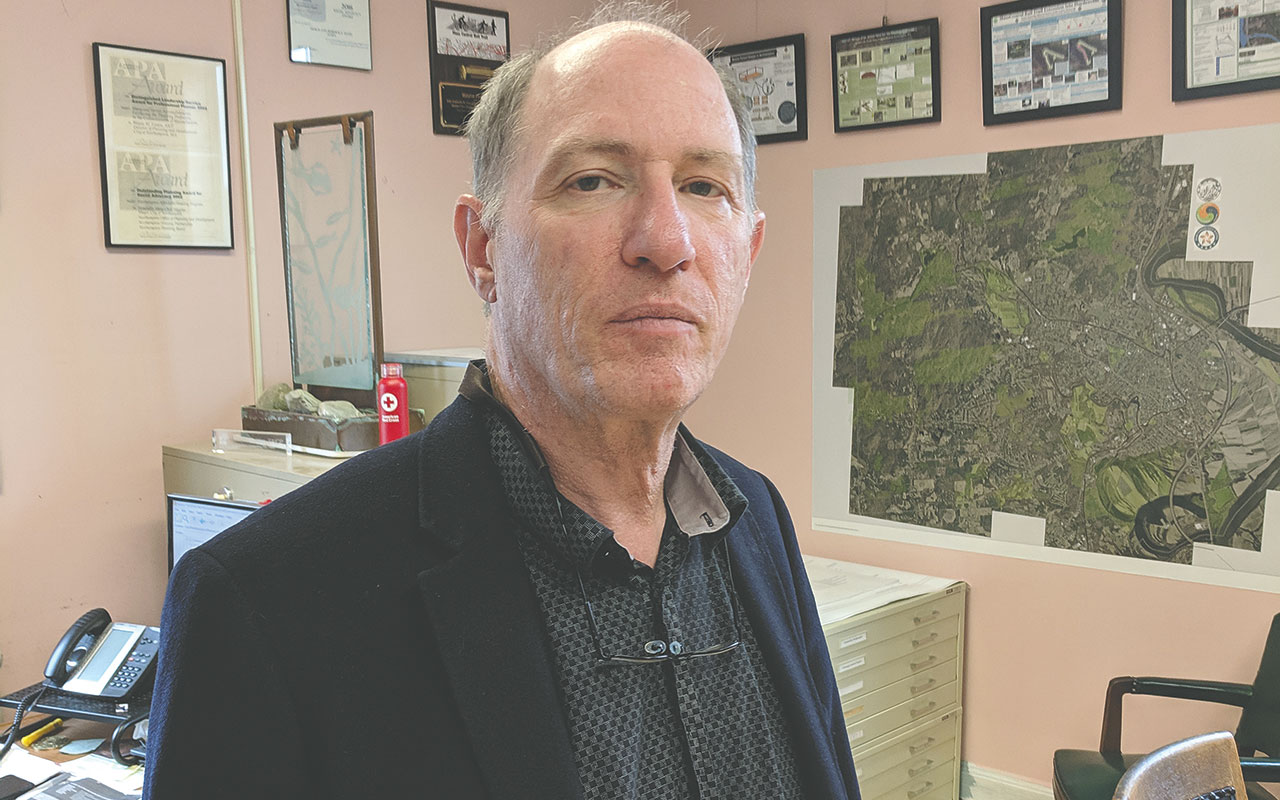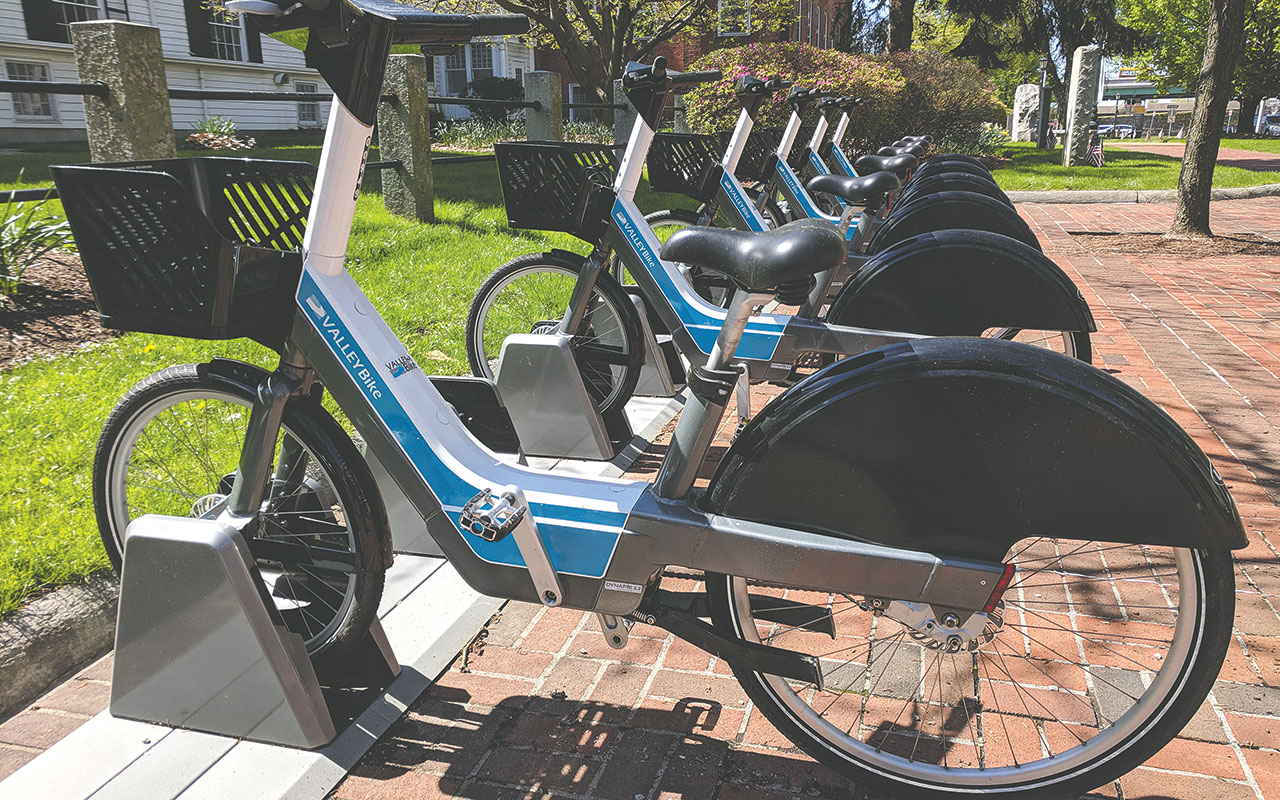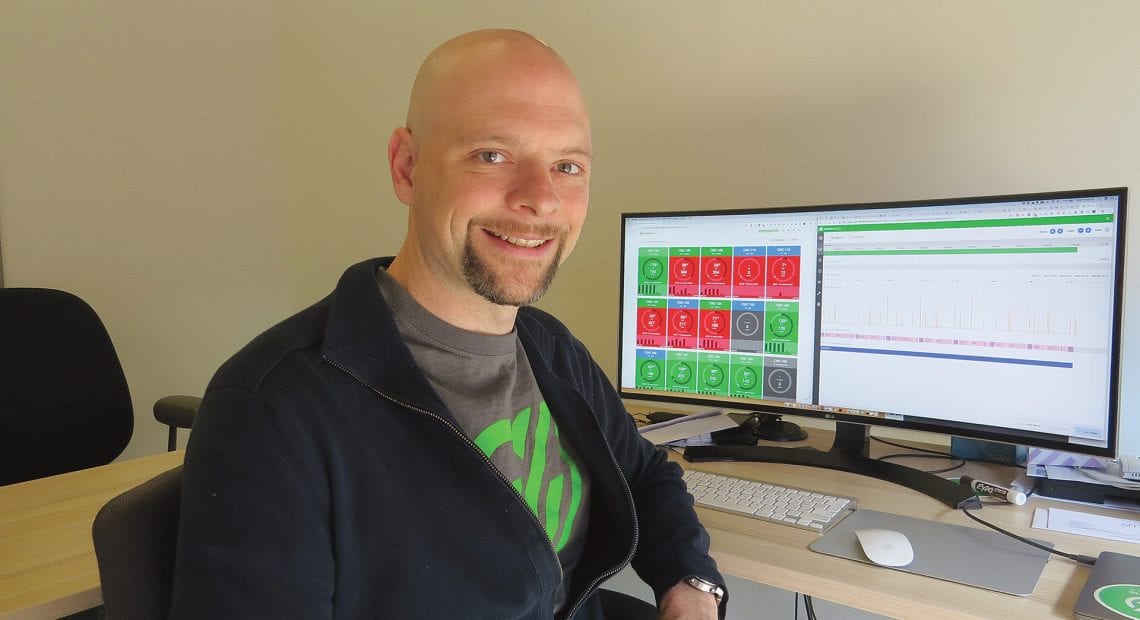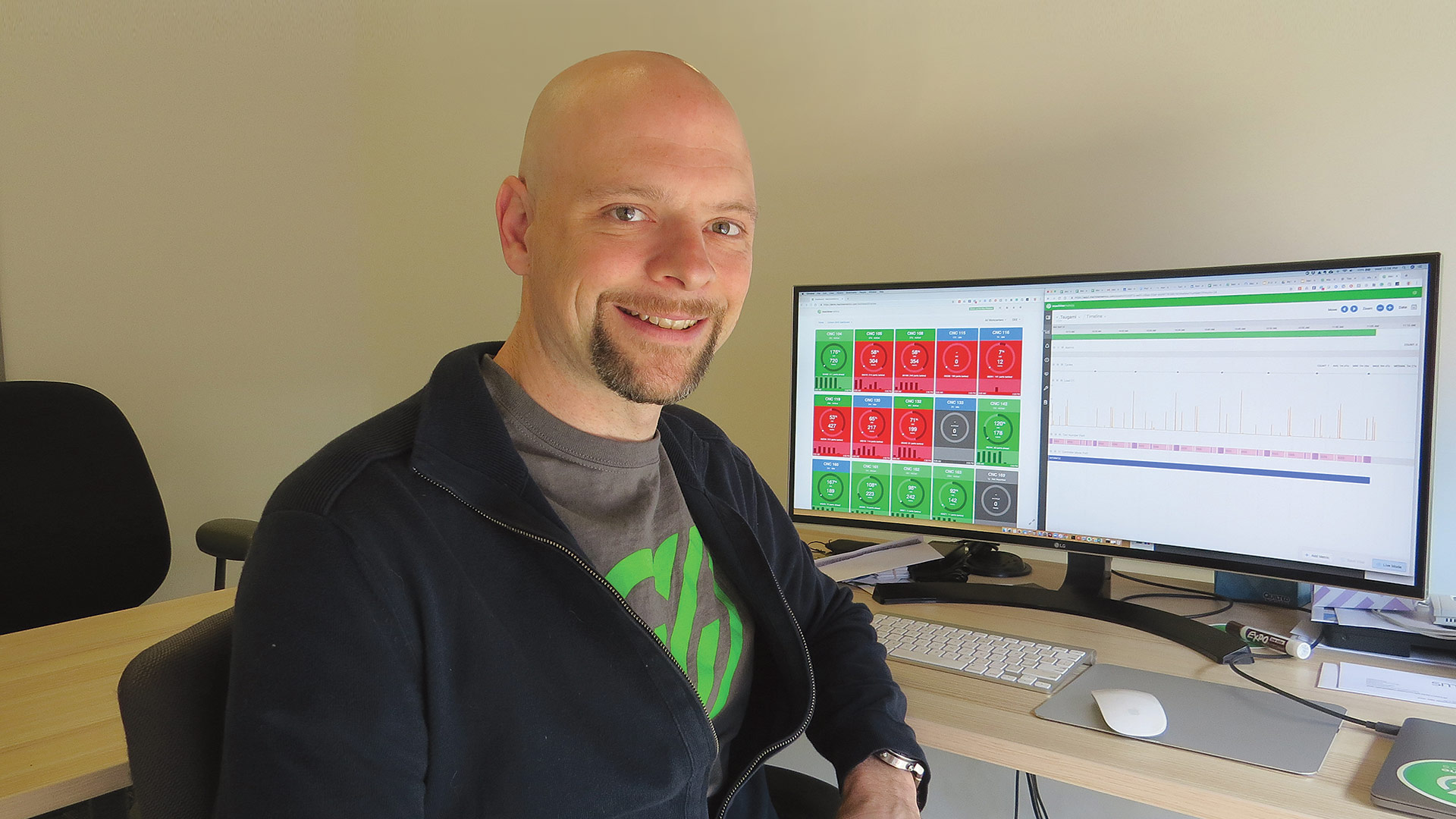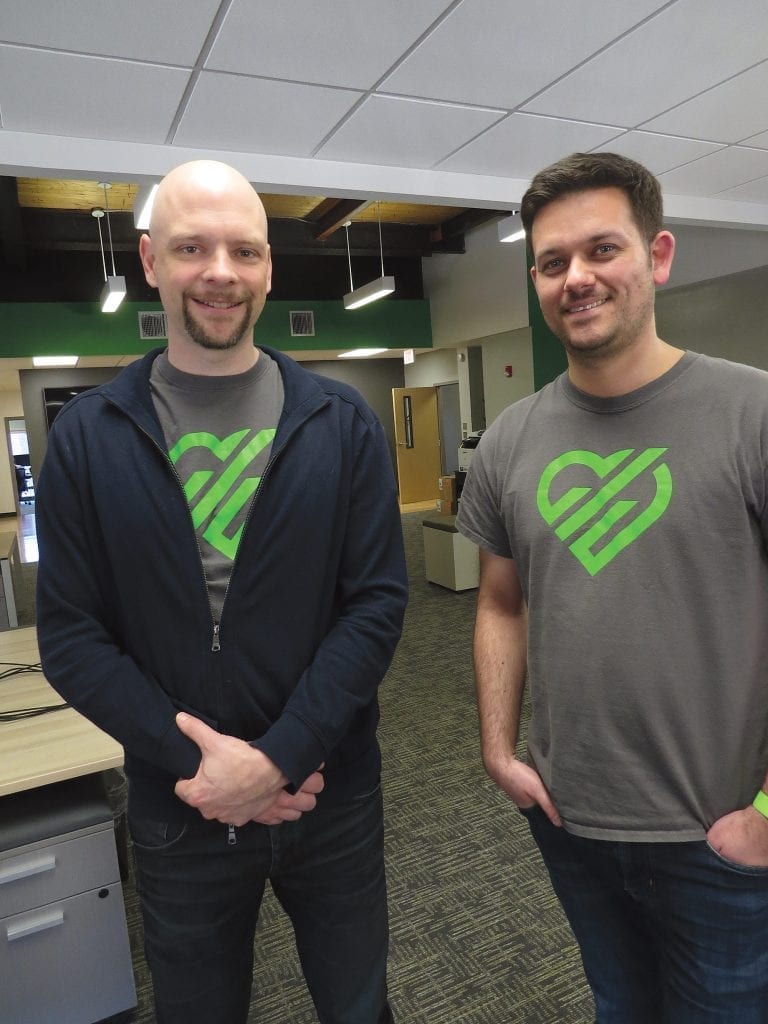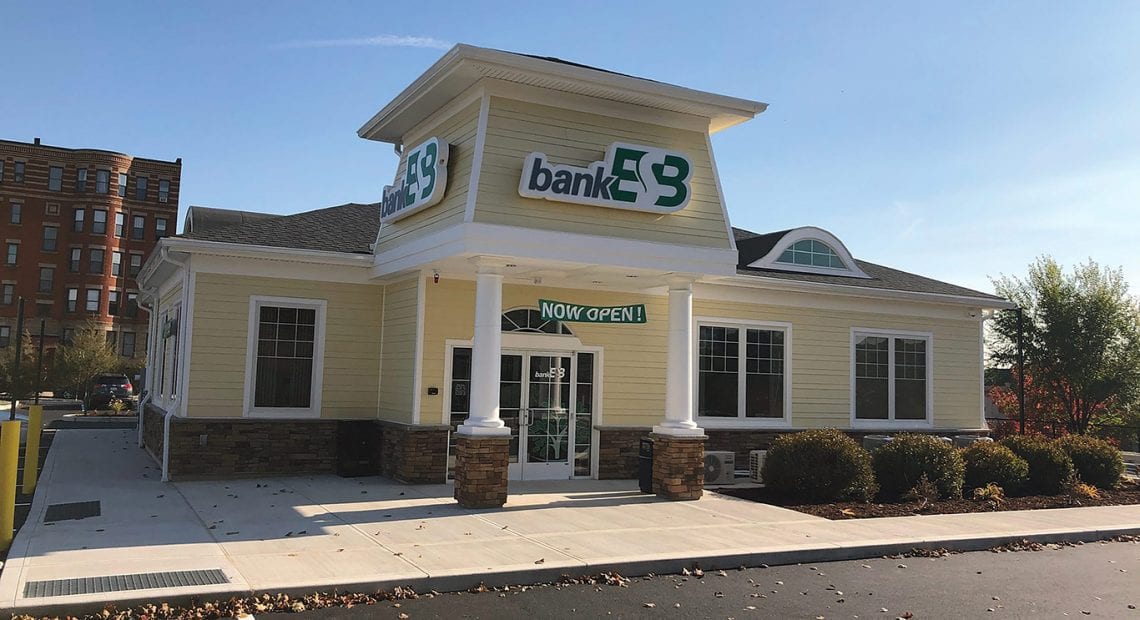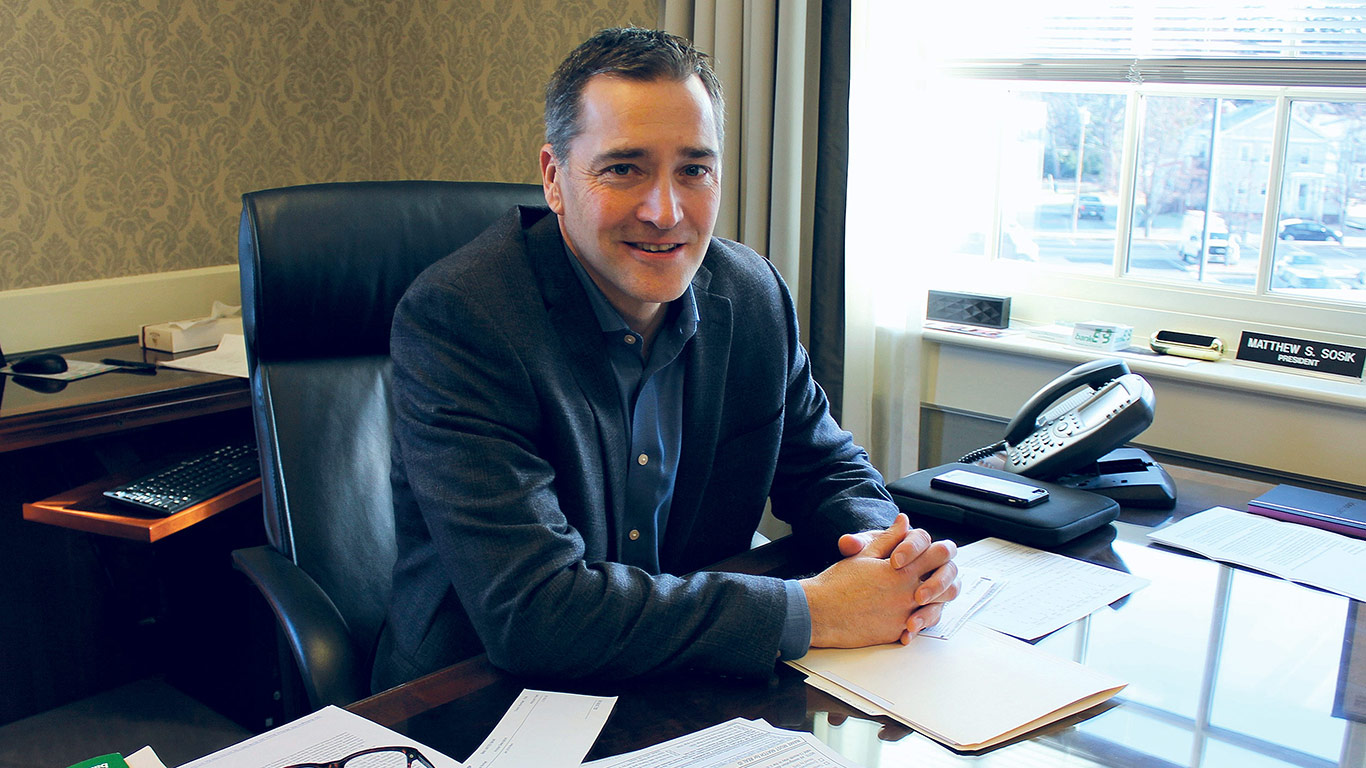Community Spotlight
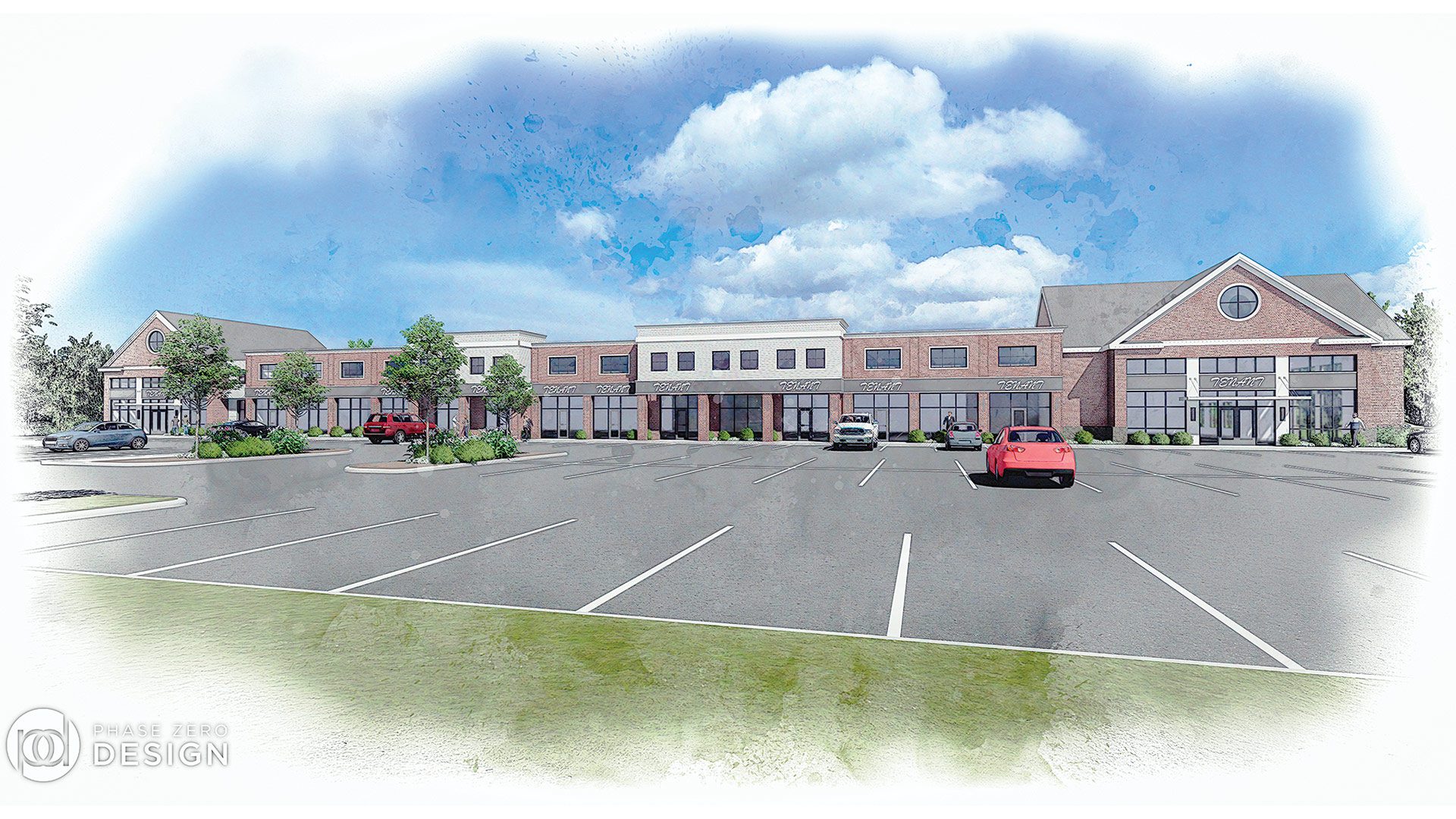
An architect’s rendering of the planned Towne Shoppes of Longmeadow.
There were more than 800 people at Longmeadow’s recent special town meeting in the high-school gym.
They were there to consider 30 warrant items, most of them of the smaller, housecleaning variety, but most residents were focused on one matter — a proposed zone change (from residence A-1 to business) for the former First Church of Christ, Scientist on Williams Street, just east of the Longmeadow Shops.
The church property, which has been unused for several years now, was acquired by the Springfield-based Colvest Group, a developer of a number of retail facilities across the 413, and its future use has been the subject of considerable speculation and anticipation in this town of roughly 10,000.
And also one failed vote to change the zoning, said Town Manager Lyn Simmons.
This time, the request passed, easily garnering the needed two-thirds majority, she noted, adding that the vote, and the number of residents who took part in it, spoke volumes about the importance of the project to this mostly residential community.
“This vote tells me that residents want to see something happen there,” she said, adding that the church has been closed for more than a decade, and the parcel it sits on comprises more than two acres in what is considered by many to be not just a retail strip, but the town’s center.
While there is speculation about the site, to be named Towne Shoppes of Longmeadow — it is expected to become home to a mix of high-end shops and restaurants, similar to what exists in the Longmeadow Shops, which will only enhance that area’s prowess as a destination — no firm plans have been put in place and no specific tenants announced, said Simmons, adding that plans should be announced in the coming months.
“This vote tells me that residents want to see something happen there.”
But the church-property project is not the only subject of conjecture in this community. There is also the long-awaited start of work to rebuild the Maple Shopping Center on Shaker Road, known colloquially as the Armata’s plaza (because the market was the lead tenant), which was destroyed by fire almost exactly two years ago.
Armata’s will not be part of the new plaza — owner Alexis Vallides cited high rebuilding costs and a lengthy timeline when she made that announcement in late August — but several new stores are expected at the well-traveled intersection, said Corrin Meise-Munns, Longmeadow’s assistant town manager and director of Planning & Community Development.
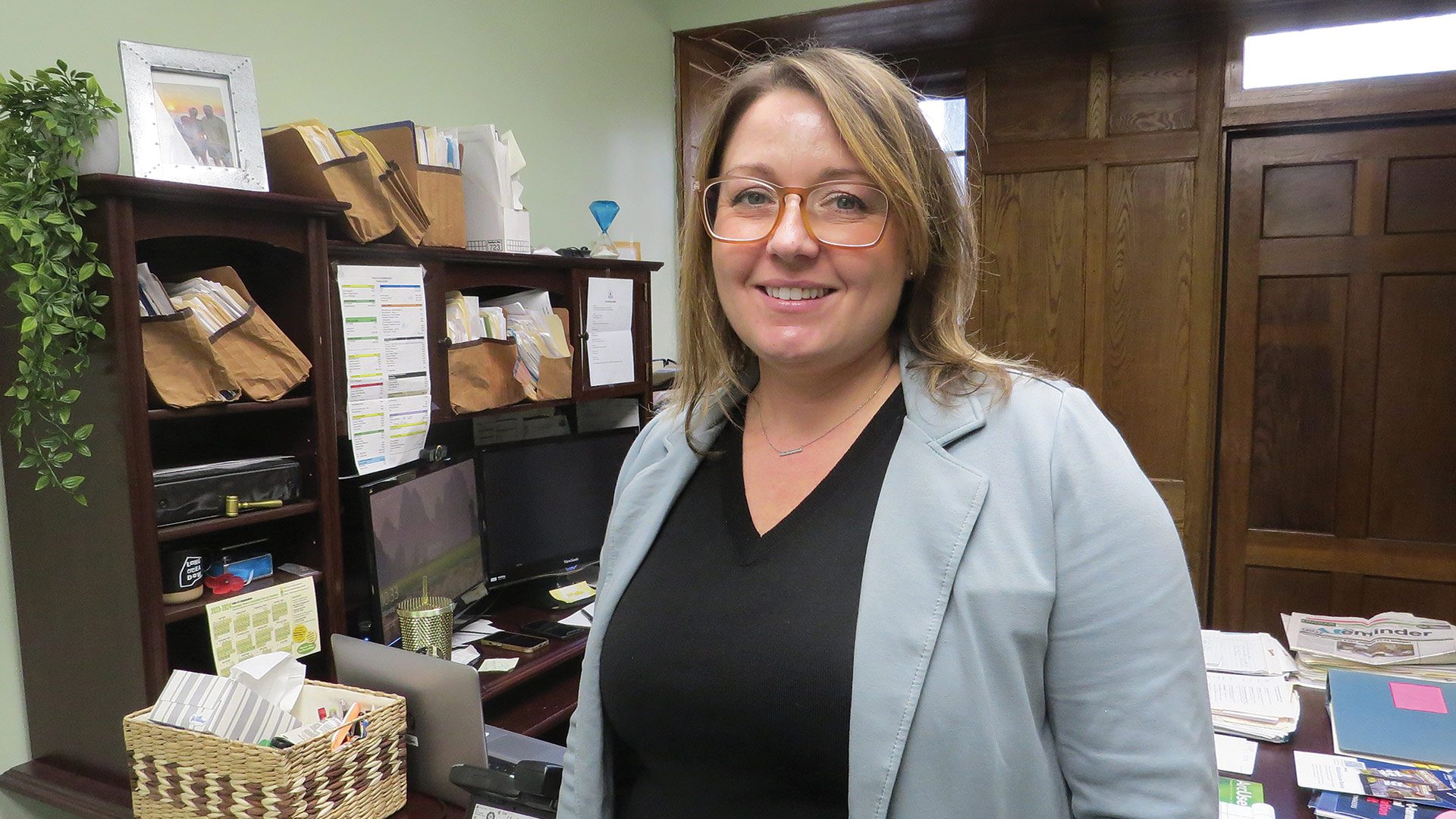
Lyn Simmons says there are many questions to be answered in Longmeadow in the months to come regarding everything from its middle schools to the reuse of Town Hall and the Community Center.
Meanwhile, there is more speculation about the fate of the town’s two middle schools — combining the two nearly 60-year-old facilities is one of many options on the table — and also the Community Center and Town Hall properties, with the offices in those buildings slated to be consolidated into the town’s former senior center.
In short, there are many questions to be answered in the months to come, said Simmons, who noted that this is an intriguing — and, in many ways, exciting — time for the community.
Getting Down to Business
While there is anticipation about what will come next at several addresses across town, there have already been some significant additions to the business landscape over the past years, and even the past few months, Meise-Munns said.
She cited the arrival of the town’s first brewery, One Way Brewing on Maple Road; a new pizza restaurant, Frankie’s, in that same area; another new barbecue restaurant, Fletcher’s BBQ Shop & Steakhouse on Longmeadow Street; a bakery, the Latest Kraze, also on Longmeadow Street in a different shopping plaza; a new taco restaurant under construction in the Longmeadow Shops; a planned Indian restaurant in the former AT&T storefront in the Shops; and a Jersey Mike’s (the chain’s first Western Mass. location), set to take a spot vacated by Subway in the Williams Place Mall, across the street from the Shops.
“There have been many new businesses opening, with more coming in the next several months,” Simmons said. “It’s been an exciting time.”
“There have been many new businesses opening, with more coming in the next several months. It’s been an exciting time.”
What will come next — at the Towne Shoppes of Longmeadow and the rebuilt Maple Center shopping plaza — should be known in the coming months, said Meise-Munns, noting that the high degrees of speculation and anticipation concerning these projects are reflective of how rare such large-scale developments are in this community.
“There are not a lot of opportunities for properties in Longmeadow to change zoning like that,” she said of the church project specifically, but also in general. “The town is mostly residential, and the number of undeveloped parcels is very low, and the number of parcels that are available for redevelopment at any given time is probably lower; this doesn’t happen very often.”
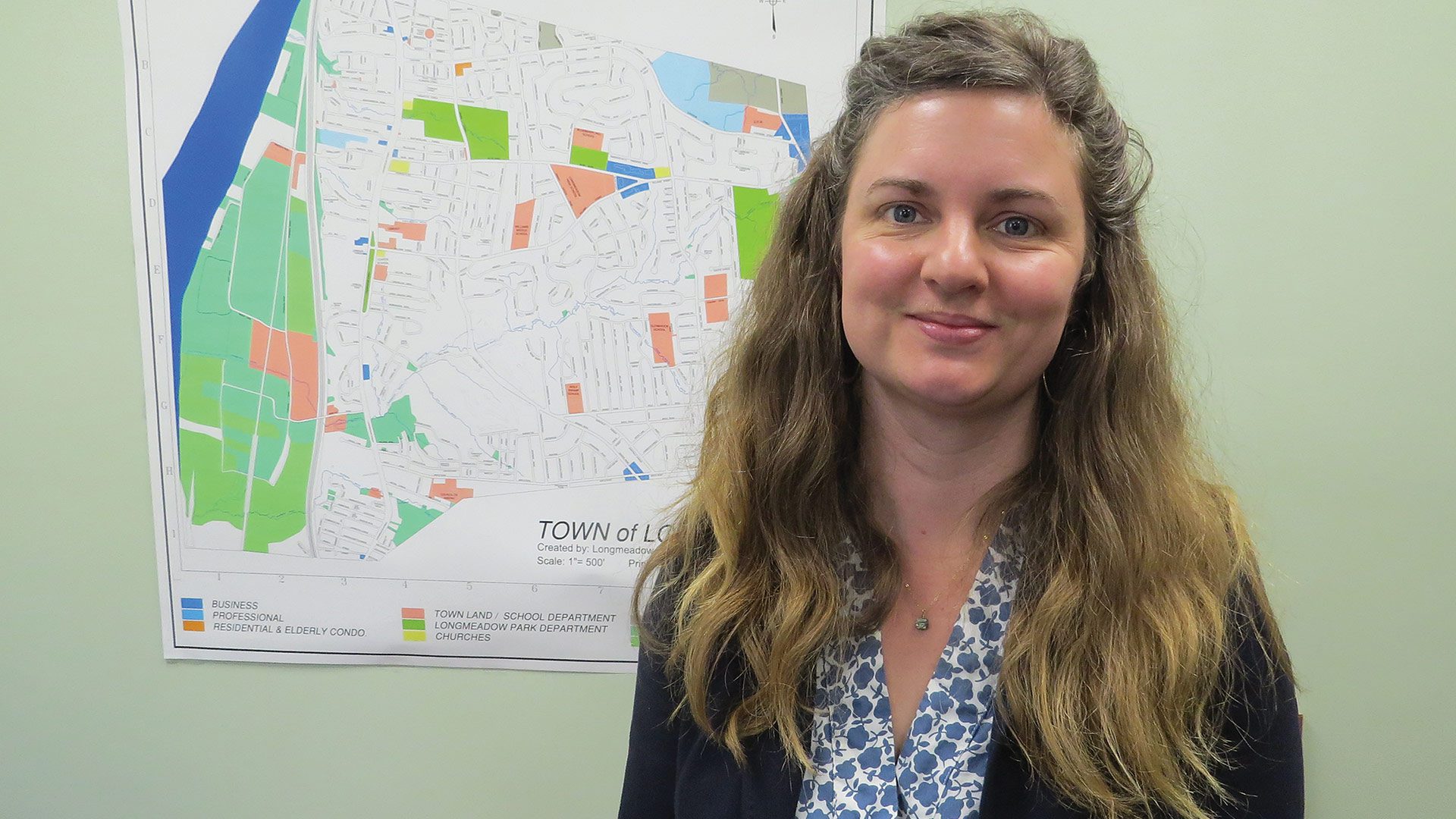
Corrin Meise-Munns says a number of new businesses have opened in Longmeadow over the past year, and there are more in the pipeline.
In a press release issued after the town-meeting vote, Colvest founder and CEO Colaccino noted that “development of the Towne Shoppes of Longmeadow will essentially be an expansion of the adjacent Longmeadow Shops, consistent with the design and character of the property. We are committed to attracting high-quality, specialty retail shops, all of which would complement the stores at the Longmeadow Shops.”
As for the Maple Shopping Center, site plans for reconstruction have been submitted to the Planning Board, said Meise-Munns, adding that, while the exterior will look very much the same as what existed before the fire (although it will be modernized), the interior space for a supermarket has been enlarged, although no anchor tenant — or any other tenant — has been announced publicly.
There were several stores in the former plaza, including a restaurant, a liquor store, a nail salon, and others, said Meise-Munns, adding that the recent additions to the area — the brewery and new pizza restaurant among them — have brought more traffic to that section and should help make the new plaza an attractive landing spot.
Longmeadow at a glance
Year Incorporated: 1783
Population: 15,853
Area: 9.7 square miles
County: Hampden
Residential Tax Rate: $22.92
Commercial Tax Rate: $22.92
Median Household Income: $109,586
Median Family Income: $115,578
Type of Government: Open Town Meeting; Town Manager; Board of Selectmen
Largest Employers: Bay Path University; JGS Lifecare; Glenmeadow
* Latest information available
Meanwhile, on the municipal side of the ledger, there are several ongoing initiatives, including a long-range strategic plan for the community. Work on the plan is now in its second year, said Meise-Munns, adding that, in a town with little, if any, land to still be built upon, the plan is focused less on development and more on such matters as climate action and social equity.
“Much of it focuses on municipal services, transportation, infrastructure, zoning, housing, educational opportunities, parks, and open space,” she told BusinessWest, adding that this “blueprint for the future,” as she called it, should be finalized next spring.
There are also continuing discussions regarding the town’s two middle schools, Williams and Glenbrook, both now approaching 60 years of age. Simmons said there are several options on the table regarding replacement or renovation of one or both, with consolidation of the two schools a possible course.
The next step in the process is a feasibility study that will identify options, she said, adding that there will be several informational sessions to garner input from the public as part of the process.
Plans are also being discussed to consolidate the offices in Town Hall and the adjacent Community House in space at the Greenwood Center, formerly home to the town’s senior center before a new facility was built.
“Such a consolidation provides a lot of benefits for us — better parking, one floor, better ADA access, more meeting-room space, even more bathrooms,” said Simmons, adding that the project, as proposed, could lead to imaginative reuse of the two current town-office structures.
“We would pursue that once we knew if we were moving and what the timeline on the move would be,” she went on, adding that the structures are in a historic district but not historic themselves. “There would need to be a public discussion about what happens to Community House and Town Hall.”
Bottom Line
That would be the current Town Hall. What’s known as ‘old town hall’ on Longmeadow Street has long been vacant and unused, and its future is another of the questions to be answered by town leaders and residents, Simmon noted.
There are many such questions at a very intriguing time for this bedroom community with a rich history.
The answers will go a long way toward deciding what the next chapters in that history will look like.



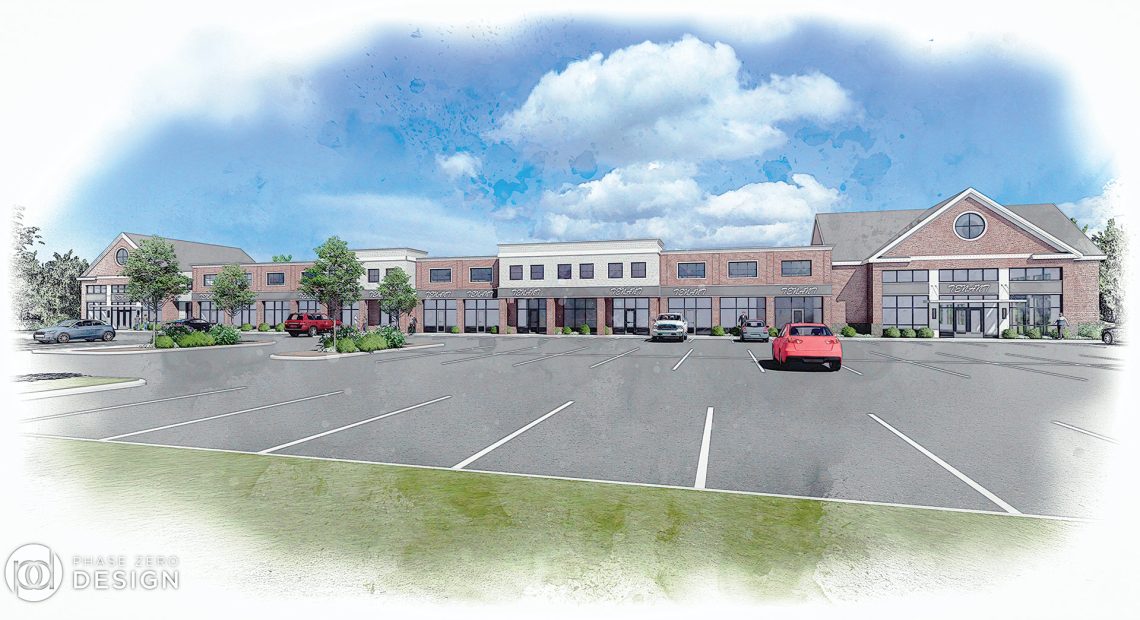


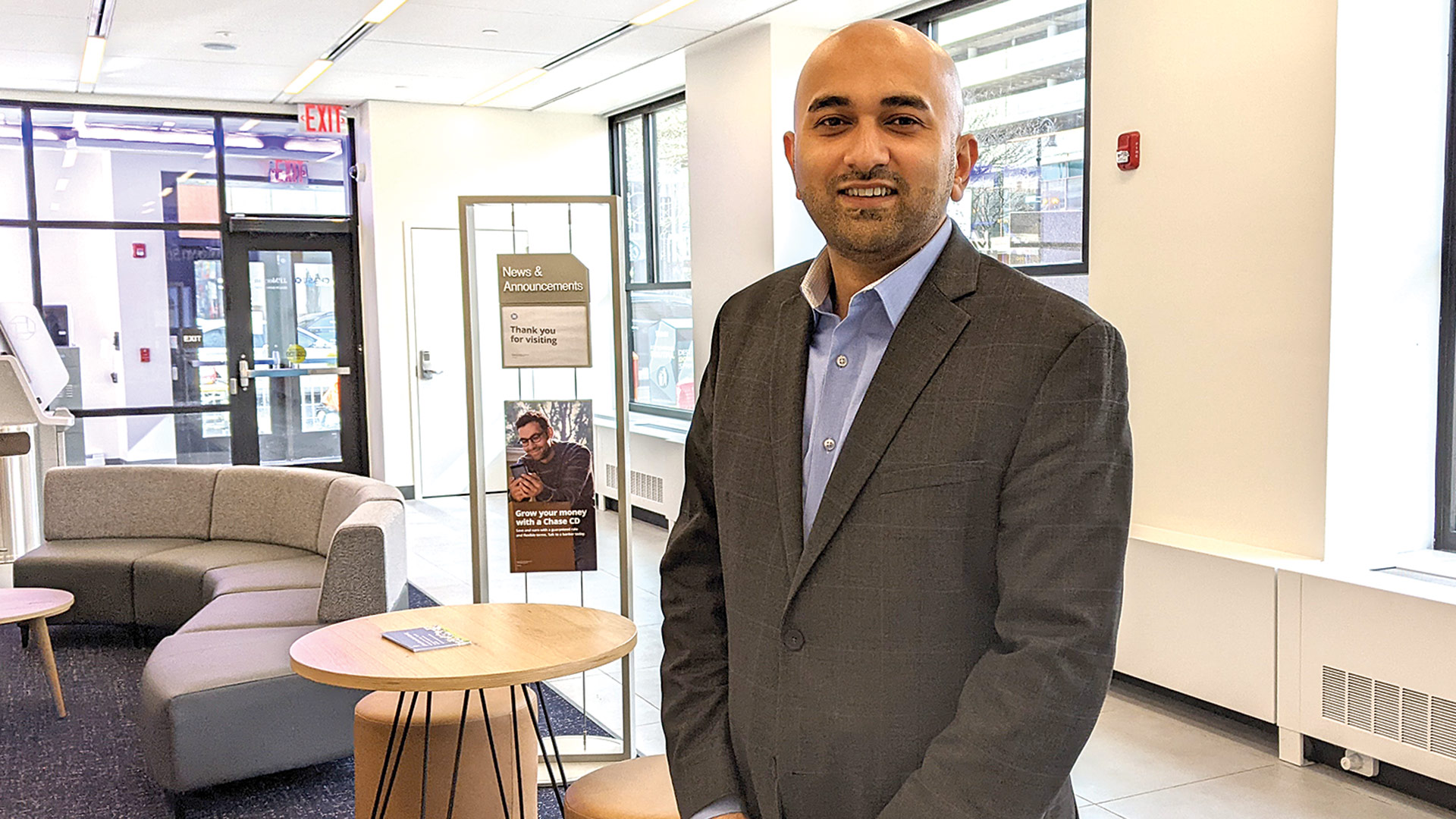
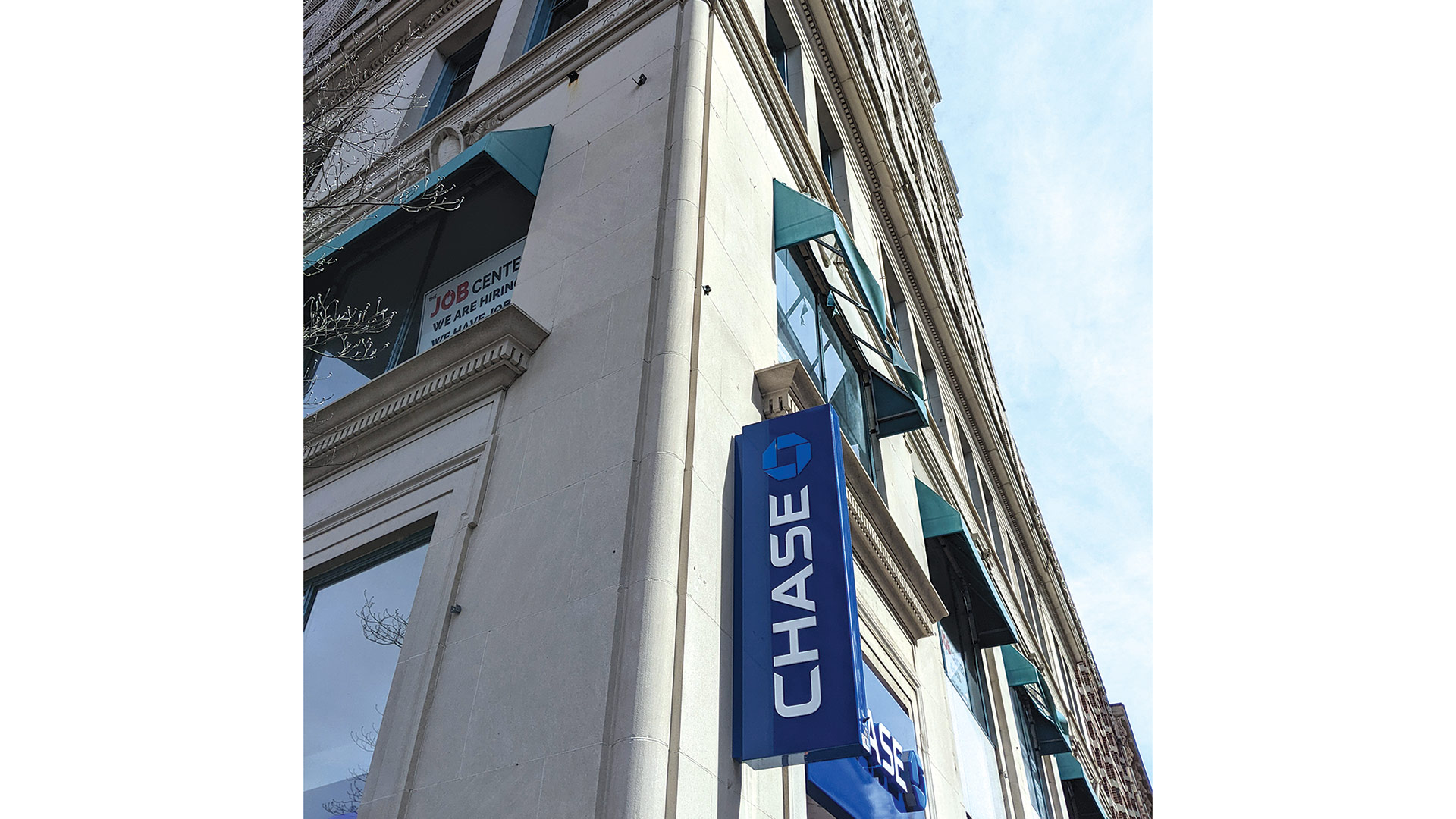
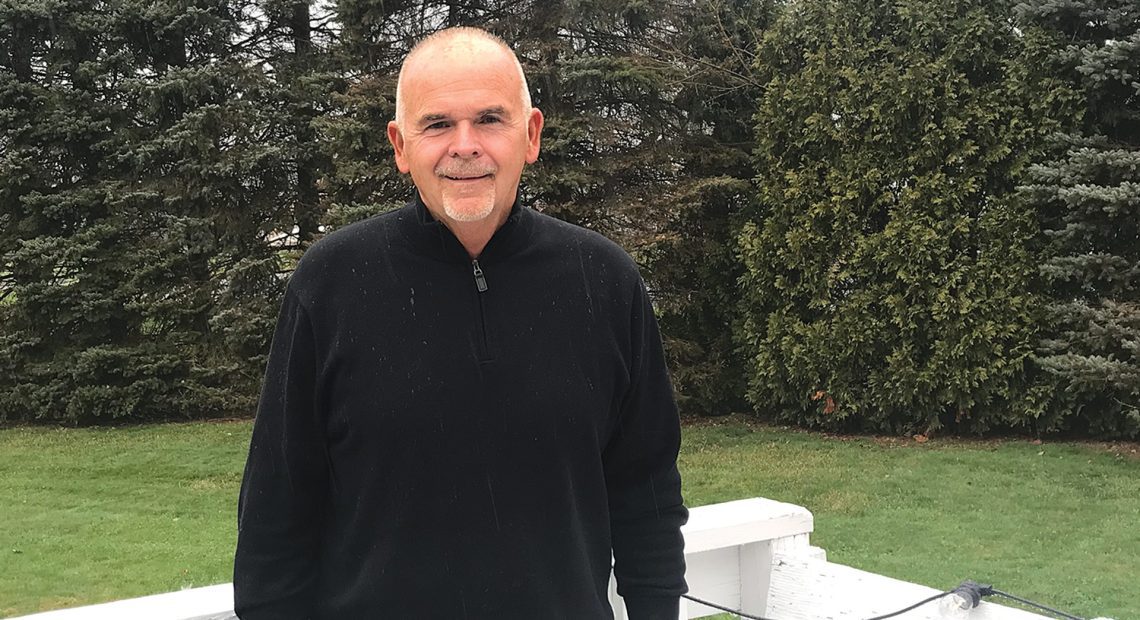
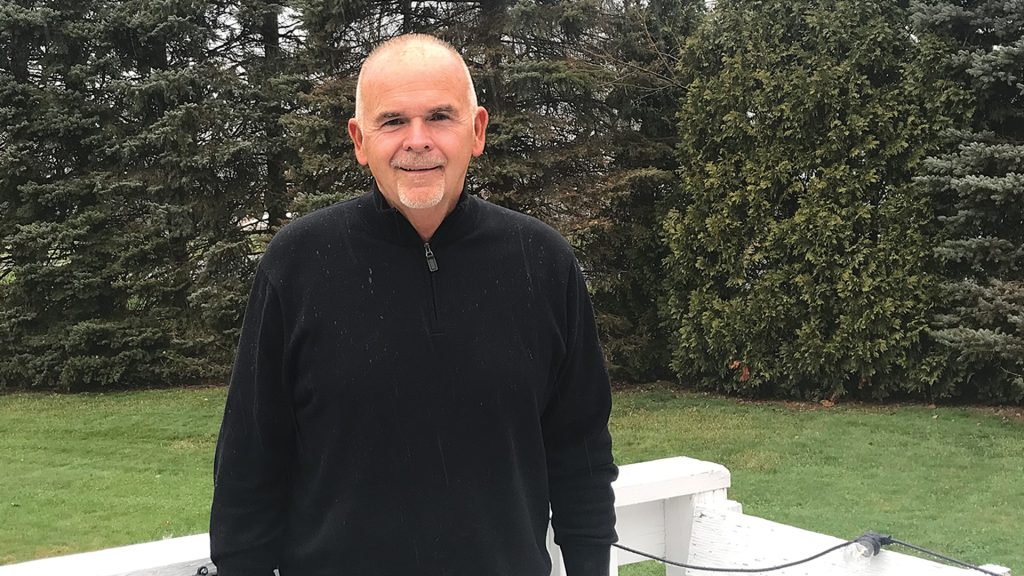
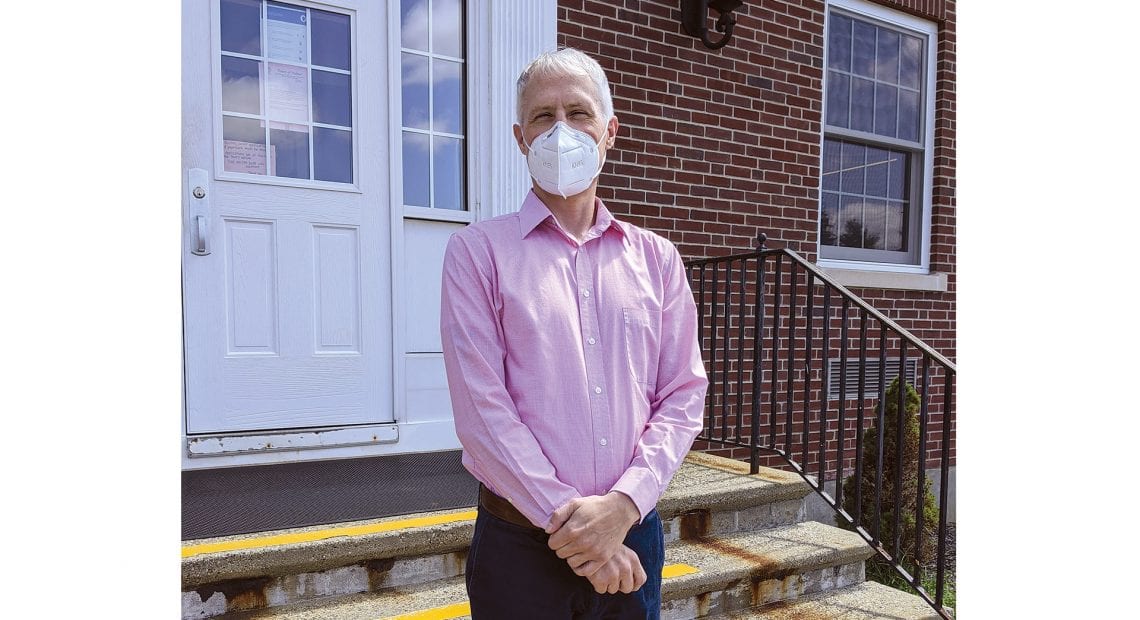
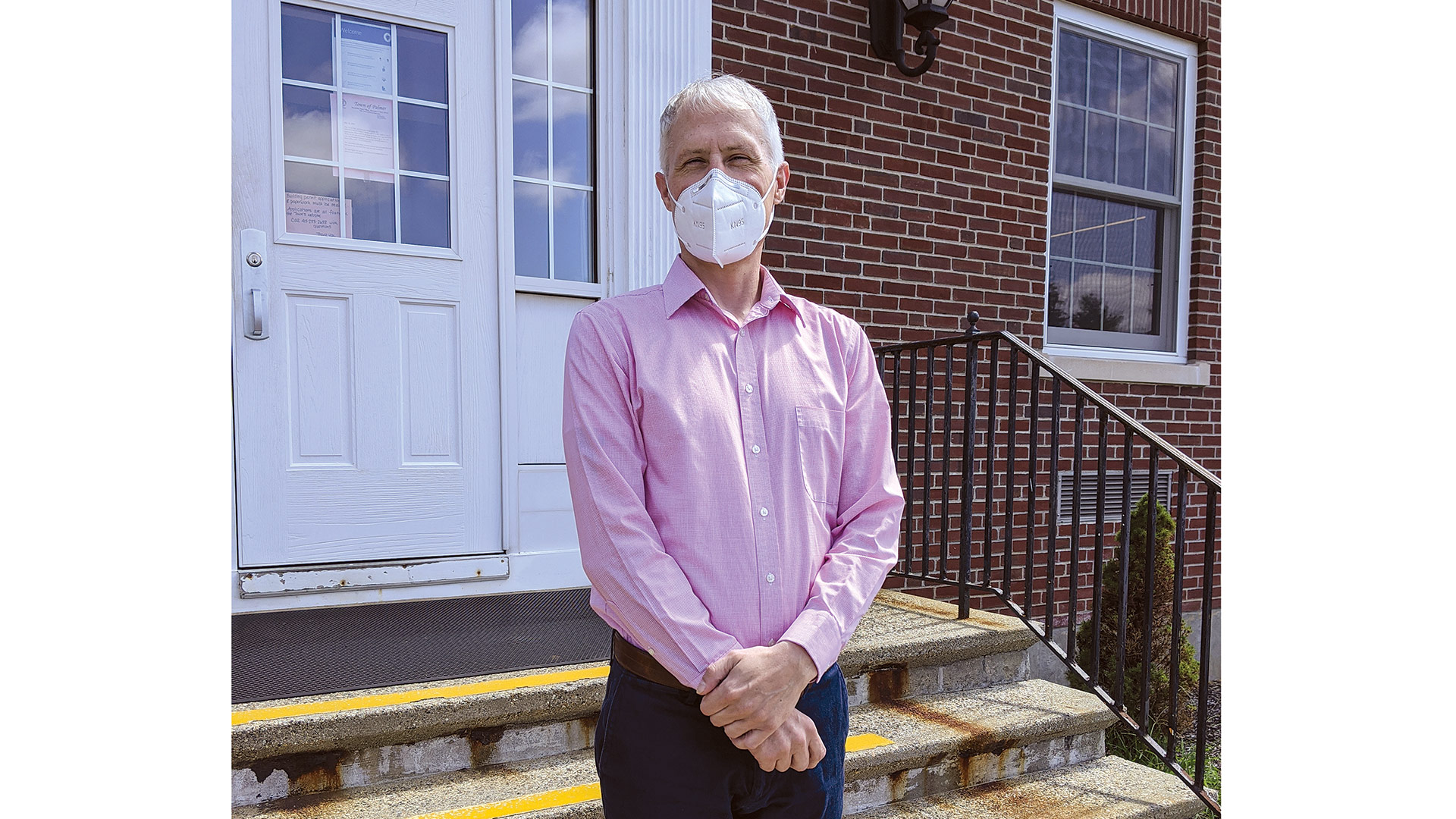
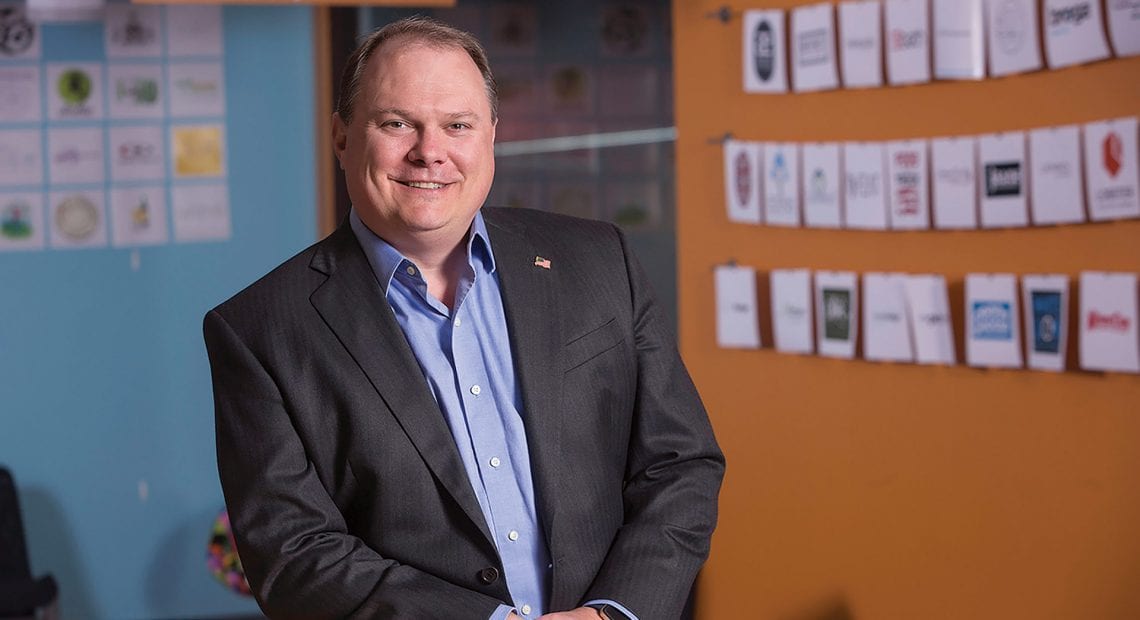
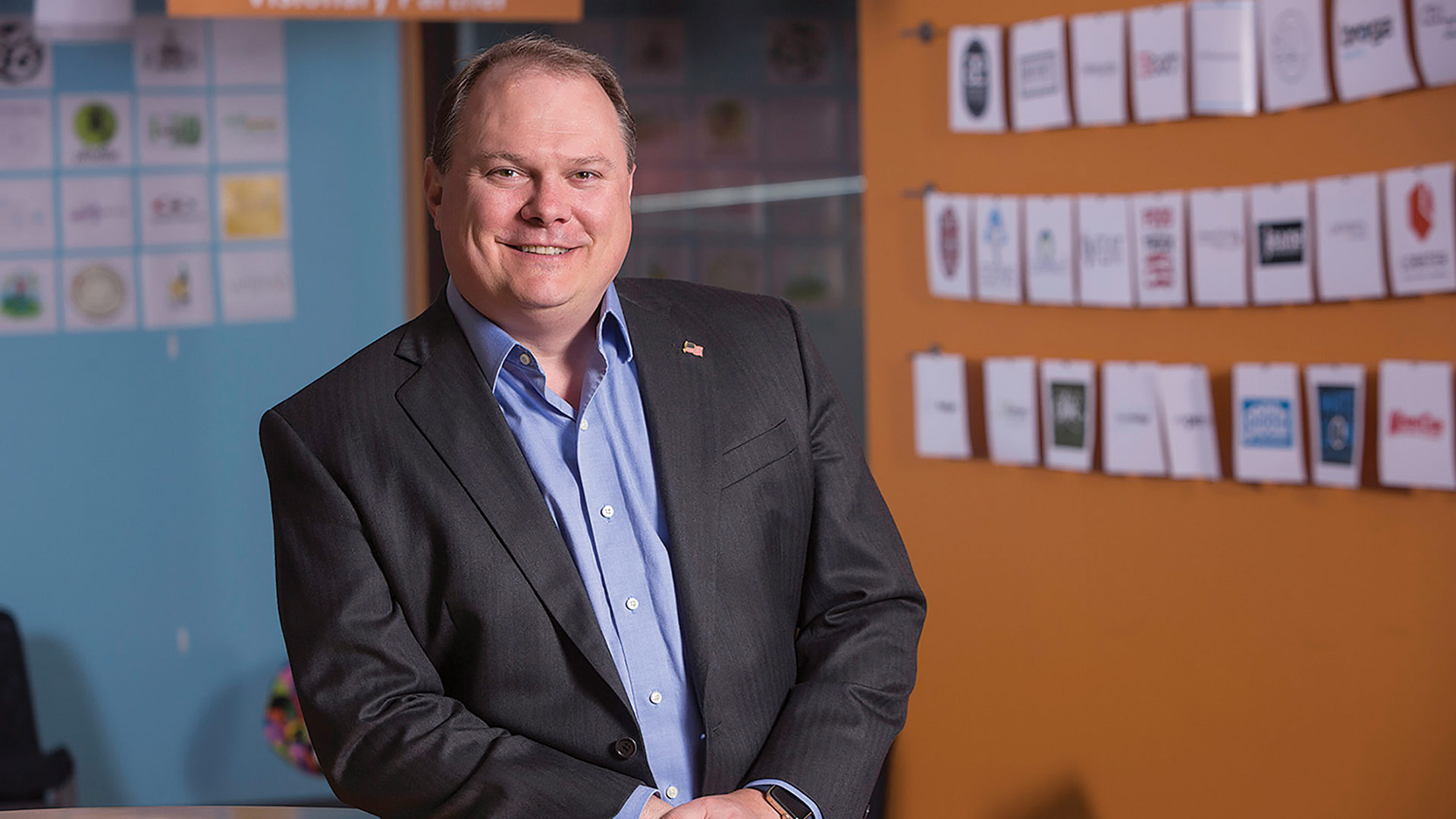

 Now in its 30th year, the Springfield Regional Chamber’s Super 60 program celebrates the success of the fastest-growing privately-owned businesses in the region. Businesses on the Total Revenue and Revenue Growth categories for 2019 represent all sectors of the economy, including nonprofits, transportation, healthcare, technology, manufacturing, retail, and hospitality. Some have been named to the Super 60 once or many times before, and some are brand-new to the list.
Now in its 30th year, the Springfield Regional Chamber’s Super 60 program celebrates the success of the fastest-growing privately-owned businesses in the region. Businesses on the Total Revenue and Revenue Growth categories for 2019 represent all sectors of the economy, including nonprofits, transportation, healthcare, technology, manufacturing, retail, and hospitality. Some have been named to the Super 60 once or many times before, and some are brand-new to the list.
